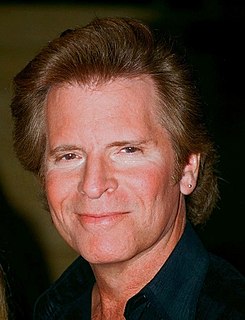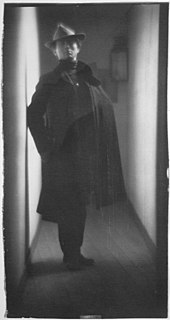A Quote by Edward Weston
I was extravagant in the matter of cameras - anything photographic - I had to have the best. But that was to further my work. In most things I have gone along with the plainest - or without.
Related Quotes
My first wedding was 15 people at our condo. The second was maybe about a hundred people at this fabulous casino. And you know what? I have almost no pictures of the second one, because I put disposable cameras on the tables, because everyone said, "The best pictures are the most candid! The best pictures are the ones people just take!" So, I put disposable cameras on the tables, and guess what? There were so many kids there that those cameras were stomped on. I had so many pictures of the floor, of people's eyes, of someone's finger.
I always thought old age would be a writer’s best chance. Whenever I read the late work of Goethe or W. B. Yeats I had the impertinence to identify with it. Now, my memory’s gone, all the old fluency’s disappeared. I don’t write a single sentence without saying to myself, ‘It’s a lie!’ So I know I was right. It’s the best chance I’ve ever had.
Pause for a moment and check where your own heart and thoughts are. Are you focused on the things that matter most? How you spend your quiet time may provide a valuable clue. Where do your thoughts go when the pressure of deadlines is gone? Are your thoughts and heart focused on those short-lived fleeting things that matter only in the moment or on things that matter most?
Most of the actors that I've had the pleasure to work with are very easy to get along with. And whether they're getting paid or not getting paid doesn't necessarily make a difference. Most people are easy to work with and easy to get along with, but we mostly hear about the assholes who are really a pain in the ass, and we've all had our share of working with them.
For me the noise of Time is not sad: I love bells, clocks, watches — and I recall that at first photographic implements were related to techniques of cabinetmaking and the machinery of precision: cameras, in short, were clocks for seeing, and perhaps in me someone very old still hears in the photographic mechanism the living sound of the wood.




































